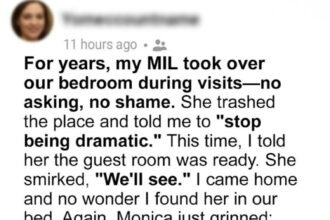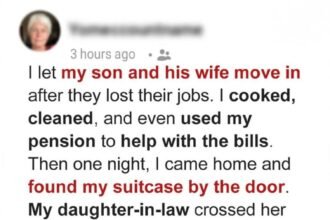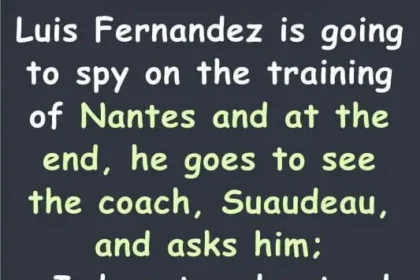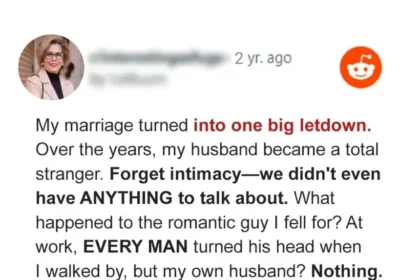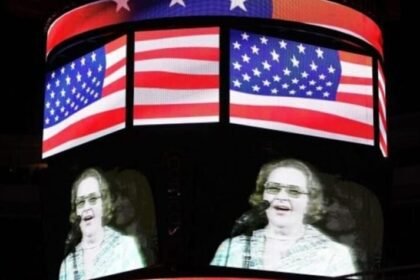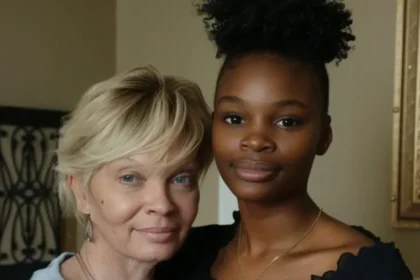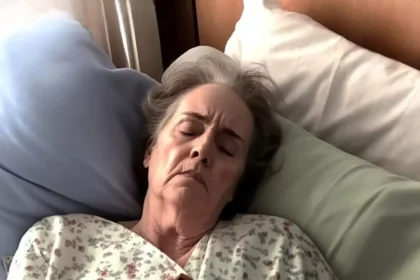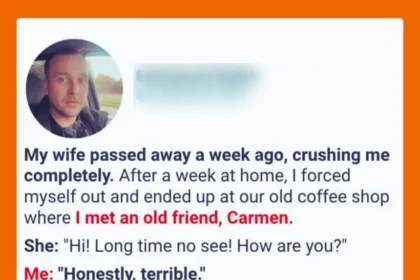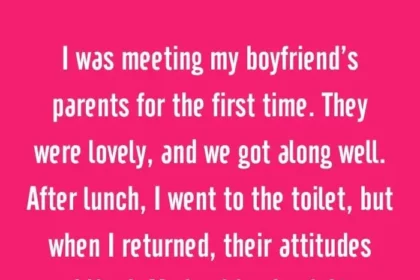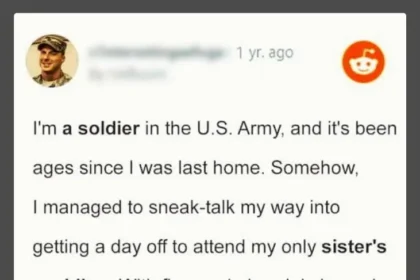From the moment I entered the operating room, I knew I had found where I truly belonged.
Surgery wasn’t just a career—it was my calling.
After enduring years of demanding training, endless hours, and unrelenting expectations, I had finally achieved my dream: I was a surgeon at one of the city’s top hospitals. It was everything I had worked for.
And then, in a single night, everything unraveled.
It was late—well past midnight—when the ER doors burst open. Paramedics wheeled in a woman, unconscious and barely breathing.
Her skin was pale, her breath shallow.
“Blunt trauma to the abdomen,” one of the paramedics shouted. “Possible internal bleeding. No ID or insurance.”
I looked at her closely.
She was young, maybe in her late thirties or early forties, but her face told a story of hardship. She was homeless.
“The ER won’t admit her,” a nurse whispered beside me.
Hospital policy was clear: uninsured patients could receive only the most basic care unless the administration authorized further treatment. But no administrators were available at that hour.
“She’s fading fast,” the paramedic urged.
“She won’t make it through the night without surgery.”
I hesitated for a heartbeat, fully aware of the rules.
But I was also aware that if I did nothing, she would d!e.
“Prep the OR,” I ordered.
There was tension among the staff, but I had the authority in that moment. We proceeded.
The surgery was grueling—nearly three hours. Her spleen had ruptured, and she had lost a dangerous amount of blood.
But against the odds, she pulled through. When I closed the final stitch and saw her vitals stabilizing, I felt a deep wave of relief. I had done what I was trained to do.
I had saved her.
That relief was fleeting.
The next morning, I was summoned before the hospital board.
Dr. Langford, the chief physician, stood at the front of the room, his face rigid with anger. Around him, members of the surgical team sat silently, eyes avoiding mine.
“Dr.
Harrison,” he said coldly, “do you realize what you’ve done?”
I nodded. “I saved a life.”
“You defied protocol, authorized an expensive surgery on an uninsured patient, and cost the hospital thousands. You had no right to make that call.”
I wanted to argue, to remind them that our duty was to save lives, not balance budgets.
But I wasn’t given the chance.
“You’re terminated,” Langford said without emotion. “Effective immediately.”
Silence fell. No one defended me.
No one stood up. I walked out, head high but heart heavy. I had lost everything I had worked for.
That night, I lay awake, uncertain of the future.
My career was over. But despite the fear and loss, I knew in my heart: I didn’t regret what I did.
Then, the next morning, my phone rang.
“Dr. Harrison?” the voice on the line quivered.
“This is Dr. Langford. I… I need your help.”
I nearly hung up, thinking it was a cruel prank.
But then he said the words that made my chest tighten.
“It’s my daughter.”
He explained through shaky breaths—his daughter, Melany, had been in a serious accident.
Internal bleeding. The hospital was overwhelmed. No other trauma surgeon was available in time.
I was the only one who could help.
“I know I don’t deserve to ask,” he said, voice breaking, “but please. You’re the only chance she has.”
An hour later, I was back in the OR. Everything else faded away.
Melany wasn’t just Langford’s daughter—she was a patient. And I was a surgeon. That was all that mattered.
The story doesn’t end here — it continues on the next page. Tap READ MORE to discover the rest 🔎👇



